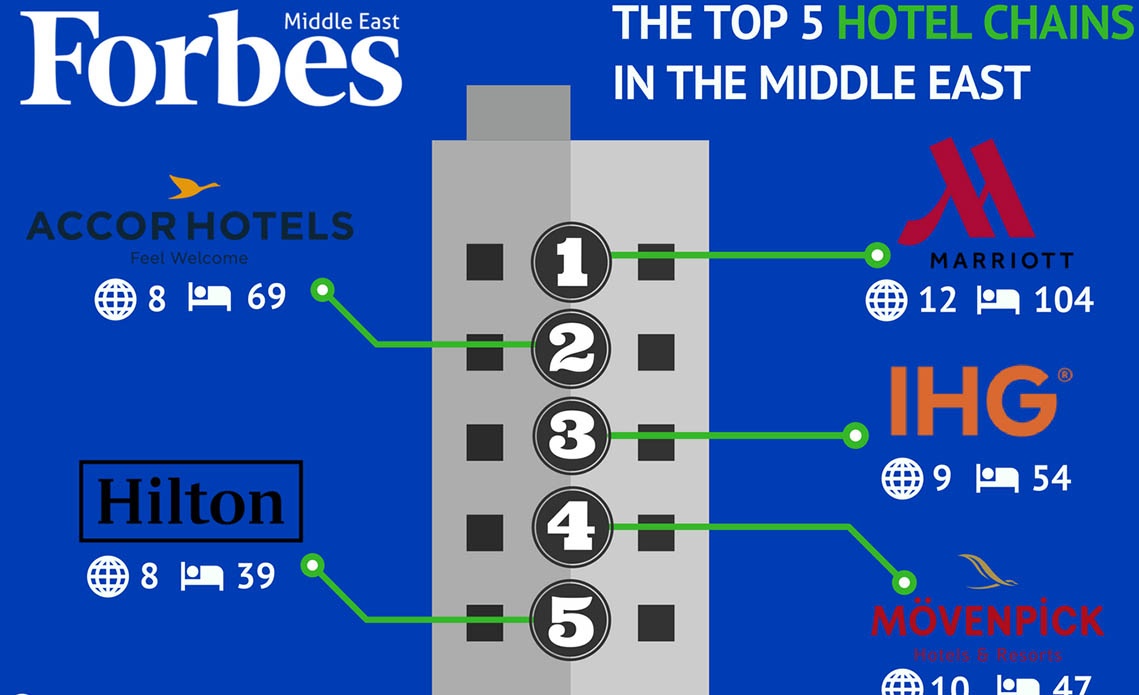

In the April issue, Forbes Middle East unveils its second annual ranking of billionaire families, whose name recognition might not be on a par with the Trumps, but they play a crucial role in the economic fabric of Arab countries. All are Gulf-based. Whereas more than 70% of individual billionaires are self-made, three-quarters of the 12 richest Arab families on our list inherited their wealth, when the business was passed on from father to sons and daughters. They’ve carried on patriarchal legacies and built on it. Mirroring the individual billionaires’ list, Saudi Arabia boasts the most billionaire families, with an aggregate net worth of $25.7 billion. The Olayans land at the top with a conservative estimate of $8 billion that is based on publicly-traded holdings, followed by Alshaya ($5 billion) and Abudawood ($4 billion). Their fortune comes from long-held, and much-coveted, licensing rights to foreign brands—a common business strategy in the Middle East. Your morning Starbucks in Dubai is brought to you by the Alshayas, and the Gillette razors in your bathroom cabinet in Jeddah are courtesy of Abudawood. See The World's Richest Arabs Net worths were mostly flat compared to last year. The Al Fahim family, who’s helping build the $10 billion Dubai Pearl luxury development, is new to the list with a $1 billion estimate. In a sign of the turnaround in financial markets, Alhokair and Al-Kharafi family members made it back on the FORBES list as individual billionaires. Methodology: Estimates are a snapshot of wealth based on stock prices as of February 17, 2017 for individual billionaires and March 8, 2017 for families, where siblings or heirs own shares in the same company that add up to a minimum of $1 billion. To value private assets, we apply comparable price-to-sales or price-to-earnings ratios to revenues or net earnings. Although he’s a native of India, FORBES ranks P.N.C. Menon under Oman, since he’s a citizen of that country.
Top 10
Full List

No Data













